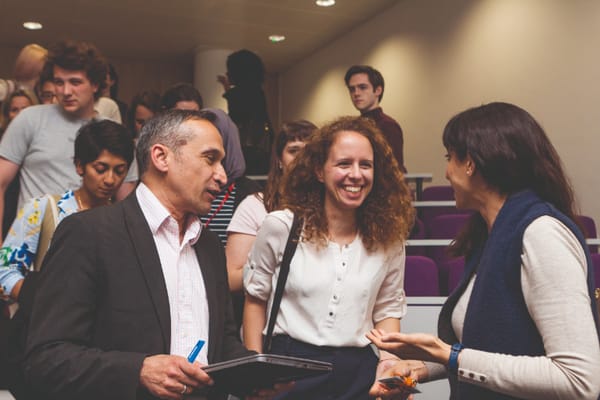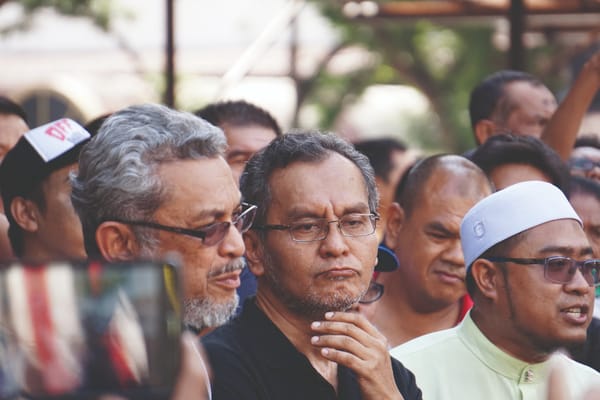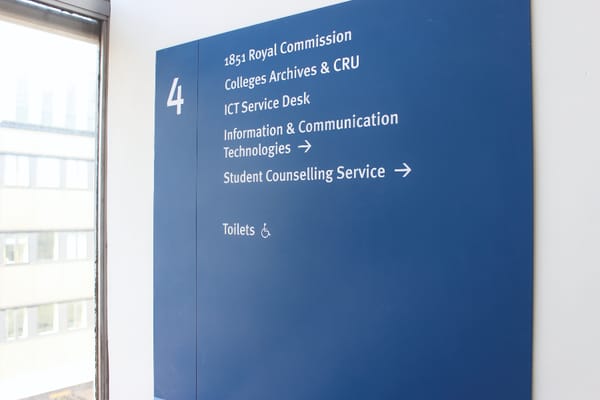New Dean of Faculty of Medicine announced
Professor Jonathan Weber has been appointed as Dean of the Faculty of Medicine, following on from his predecessor Professor Gavin Screaton.

Professor Weber has been acting dean since October of last year. He has previously held leading roles in the Department of Medicine, including Vice-Dean for Research and director of the Academic Health Science Centre (AHSC) – a collaboration between the college and different NHS trusts aiming to translate research into practical solutions – at Imperial.
Professor Weber said that he was “honoured” by the appointment and was looking forward to creating new collaborations during his time as Dean. Imperial’s Provost, Professor James Stirling, said: “Our Faculty of Medicine is at the forefront of advancing biomedical discoveries and translating them into the clinical setting. In addition to being one of our most prominent researchers, Professor Weber has a huge amount of leadership experience both at Imperial and with our NHS trust partners. I know he will drive the faculty forward to new advances and successes.”
A representative of Imperial College School of Medicine Students' Union (ICSMSU) told Felix: "We were pleased to hear the news of Professor Weber being appointed as the new Dean for the Faculty of Medicine. We are looking forward to developing a close working relationship with him, to better the student experience here at Imperial."
Professor Weber has been at Imperial since 1991, when he was appointed Jefferiss Professor of Communicable Diseases and Genitourinary Medicine, and established a new HIV and STI academic department at the college.
Professor Weber has been at the forefront of HIV and AIDS research since 1982. Notably developing combination antiretroviral therapy – the use of multiple drugs to keep the effects of HIV at bay – in the 1990s. He now works on prevention of infection through use of vaccines, running the first european HIV efficacy trial in Uganda, South Africa, Mozambique, and Tanzania.
In 1987, he founded the peer-reviewed research paper “AIDS”, holding the position of founding editor until 1992, the year when he co-founded the WHO network for HIV characterisation. Professor Weber is a member a number of different groups such as the Research Advisory Group for the Department for International Development (DfID) and the University Partnership Board of the Francis Crick Institute.
His career has been heavily focused in the fields of medicine and education, following training as a clinician, he held different positions from a fellowship in Clinical Training at St Mary’s Hospital Medical School in the early 80s to becoming a senior lecturer of Infectious Diseases at the Royal Postgraduate Medical School, Hammersmith Hospital from 1988 to 1991.








